Be prepared for the polycrisis era
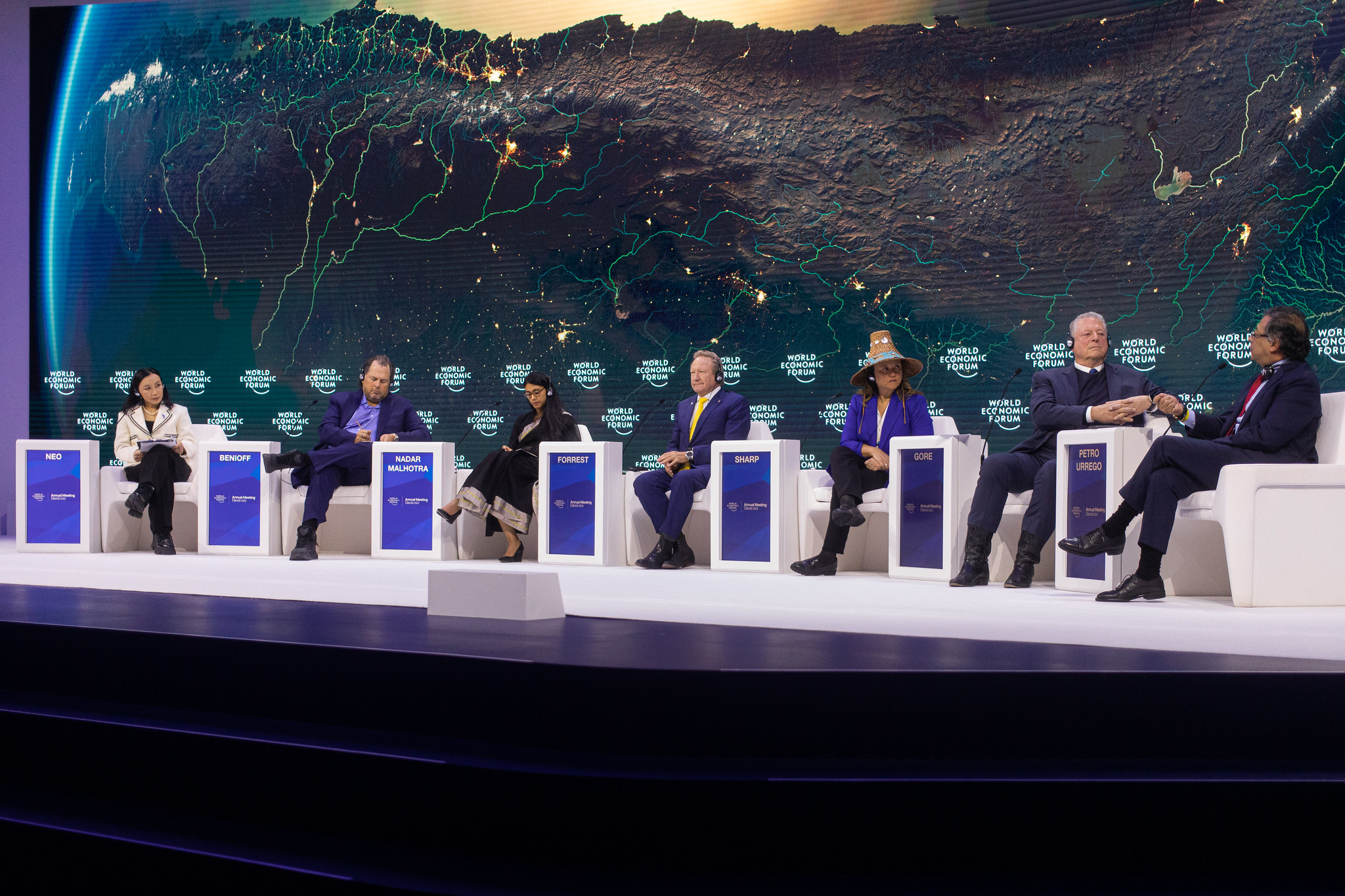
Diverse crises spanning over three different timeframes. They are interconnected and put us in the middle of a shift in power. This is the time to adapt ourselves to a “new order”, but this is also a period of crucial opportunity for moving forward. Insights from the Global Risks Report 2023.
Are we ready for Europe’s winter warmland?

The news is record-breaking temperature. Media coverage swings from talk of “astonishing luck”, to alarm and concern from those who look at the bigger picture, identifying heatwave’s impacts on health, ecosystems and the economy. The point is: are we able to connect the dots between the energy crisis, climate change and increasing extreme events? From the New York Times to the Washington Post, from the Guardian to the most influential scientists on social media, a review of the temperature anomalies affecting Europe and beyond.
Don’t spell it out: Reading about the planet we are heading towards

A mixture of utopias, dystopias, crystal-clear realism and factual reporting: if you don’t find the word ‘climate’ in some titles, you will meet it between the pages, as one of the characters shaping the future. This is Foresight’s selection of books and articles – some recent, some old – to look at the world through the lens of climate change and understand the planet we are heading towards.
Adelle Thomas: Putting the most vulnerable at the centre of COP27

“It’s a trend: record-breaking hurricanes are not isolated episodes, extreme events are increasing in intensity and negative impacts are being experienced by the most vulnerable”. For Small Island Developing States, loss and damage is the key issue at the upcoming UNFCCC conference: IPCC author and director of the Climate Change Adaptation and Resilience Research Centre, Adelle Thomas, explains why and provides insight on science, policy and implementation of adaptation strategies.
Flood and drought: Two sides of the same coin
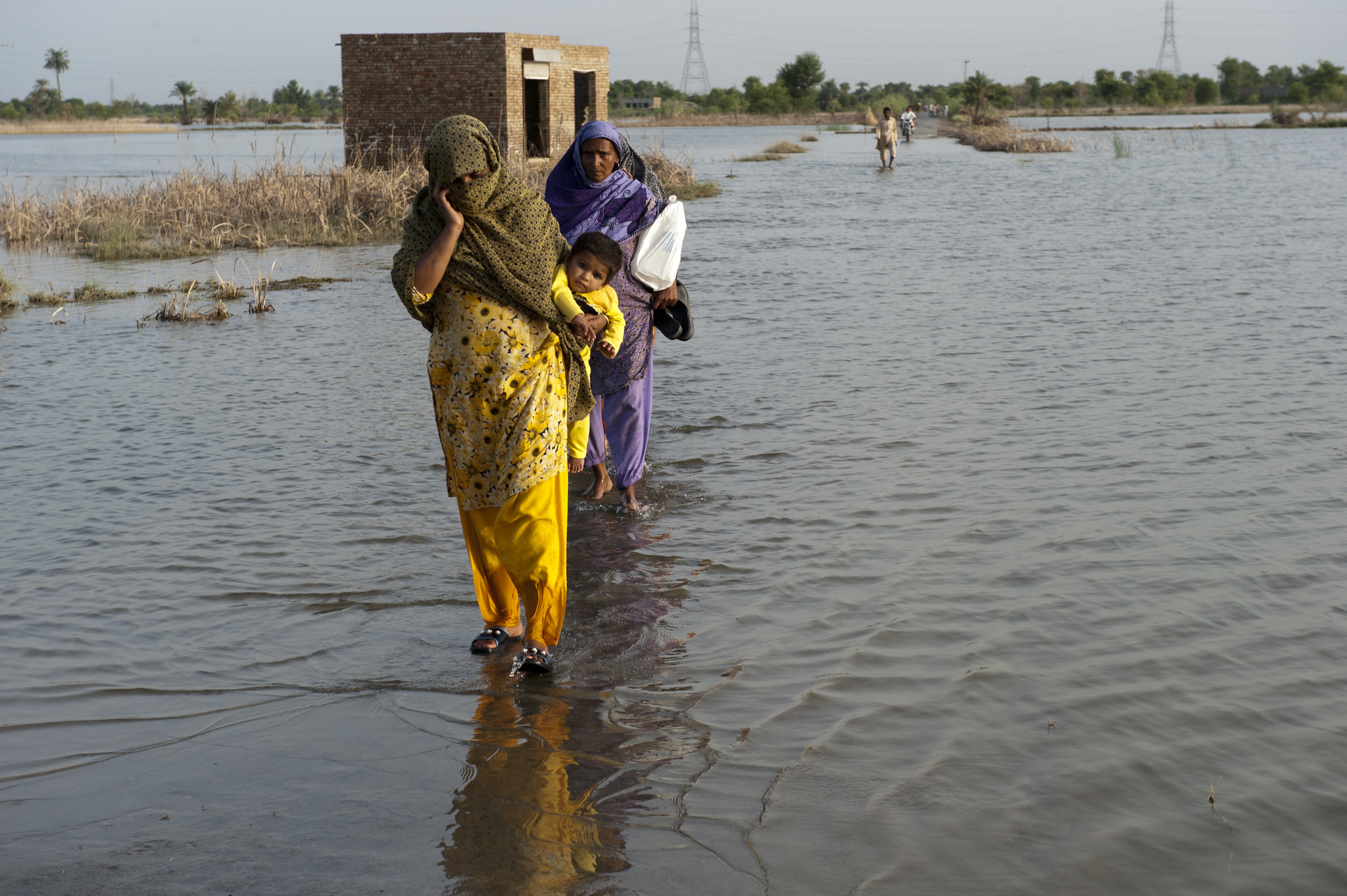
From mid-June to the end of August 2022, Pakistan experienced record-breaking rainfall which led to unprecedented flooding in much of the country. This came off the back of a deadly heatwave just months before with peak temperatures above 50 degrees Celsius. What do these seemingly contrasting events have in common? “Extreme event attribution” helps scientists identify if there are human fingerprints on these extreme events.
UN General Assembly: Setting the tone for COP27
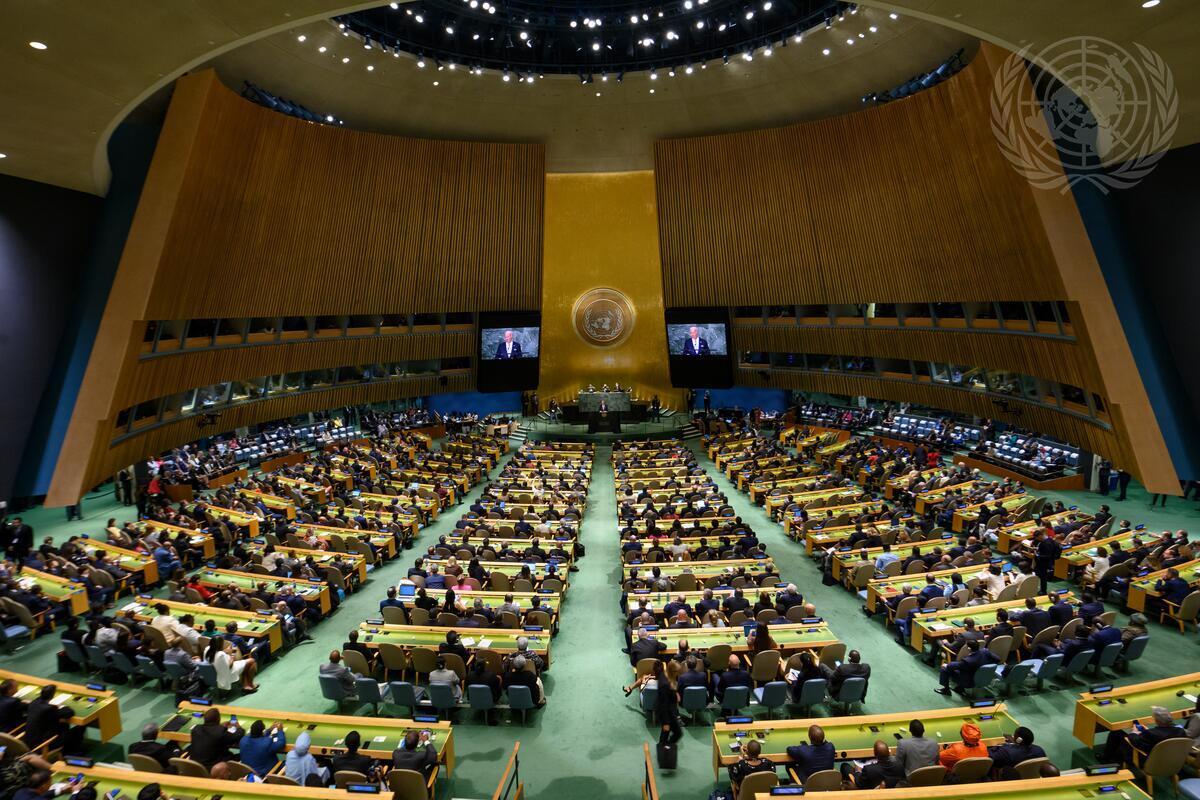
As leaders met at the UN general assembly some of the key issues that will come up at COP27 came to the surface. First and foremost climate justice.
Paul Hawken: Climate does not exist

Humanity is at a crossroads, it can choose to continue to damage the planet and deprive itself of a future, or it can begin a process of profound regeneration. Acclaimed author Paul Hawken walks us through the ongoing climate crisis and what a truly restorative process may look like. “Climate is a part of human life and nature. We should learn to embrace it and its flows without seeing ourselves as other to it.”
Home
Interview Towards a nature-positive economy “We need now to integrate private sector actors, take advantage of innovative technologies and AI, and train future generations.” Healthy and well-managed ecosystems provide a range of services that support climate change adaptation and disaster risk reduction. The achievements and upcoming priorities when it comes to nature-based solutions in the […]
Bringing data driven stories to life with Zack Labe
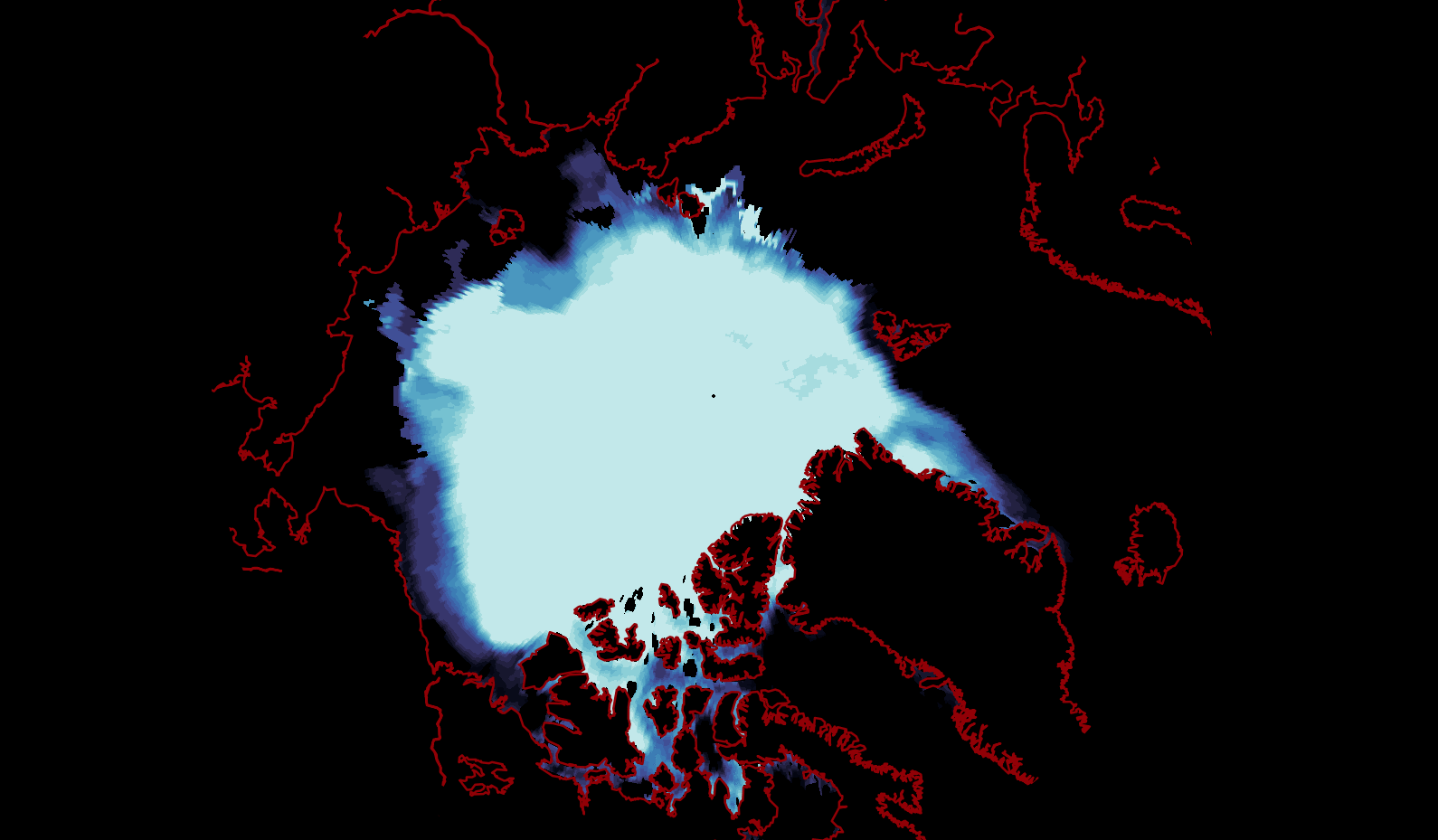
“Think outside the box and set aside any pre-set model for climate change communication.” A conversation with climate scientist and storyteller Zack Labe, who is giving a growing and ever-more active Twitter audience direct access to climate change data and research through compelling visualizations.
The “hot model” problem: From democracy to meritocracy
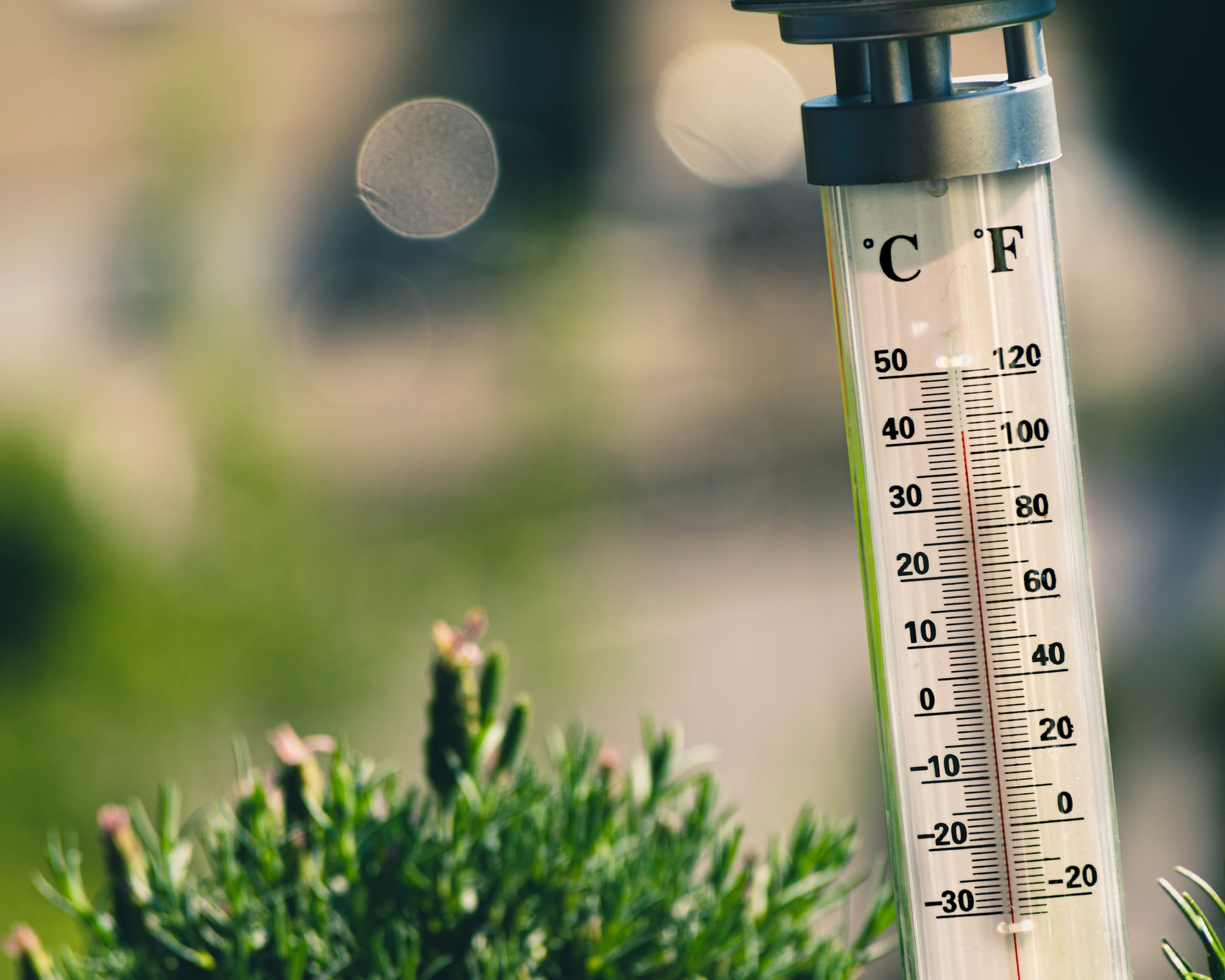
The latest generation of climate models that predict future temperatures and their impacts present what some researchers have defined as the “hot model problem”. The solution may be to shift from model democracy to model meritocracy.
Imagine our future planet – Ep.01

Where does science meet imagination? Our complex, interconnected, fast-changing world makes anticipating the future increasingly difficult. Alex Steffen, futurist, and Carolina Aragón, artist, guide us through their different, and sometimes complementary, perspectives on our future planet.
Unheard voices: Climate change as a matter of social justice

by Ella Healy and Ana Ross
Inequalities exacerbated by climate change cannot be communicated without involving the frontline communities experiencing its worst impacts. Effective communication strategies serve to eradicate – rather than perpetuate – these inequalities, and offer a more nuanced, empowered representation of those most vulnerable to climate change.
